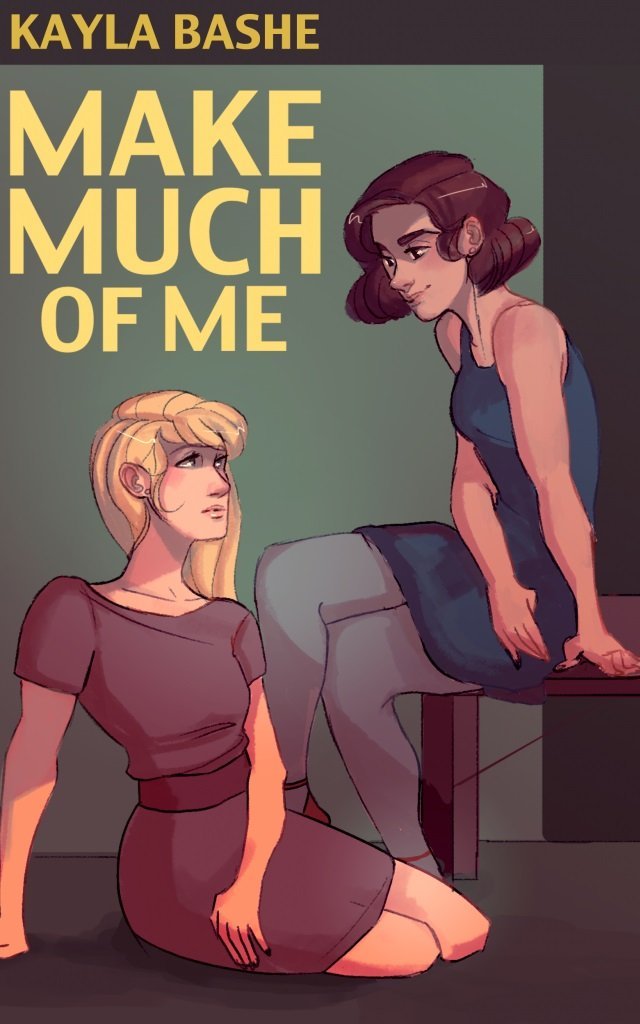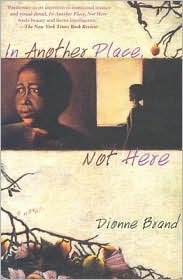You had me at “Jazz Age”. Truly, in my mind, there is no more attractive time in human history than this fleeting moment between the Great War and the Great Depression. New York, London, Paris, Munich, this is the time to be a woman loving woman and dance about in your sparkly dresses, powdering each other’s knees and seeing if you can get an invite to Natalie Barney’s salon. I’ll read just about anything set in this era, and am even more excited when I know from the outset that the story will be queer. Therefore I was thrilled to be given “Make Much of Me” and read it all in one gulp.
Four girls– Lily, Laura, Tommie and Jo– meet as new students at New York City’s River School. Thrown together by chance, they quickly become an inseparable crew sharing their secrets, sadness, desires and dreams. Bisexual Tommie is ashamed of her poverty, but learns that her head, her heart, her talents and her humor are of immeasurable value. Asexual Jo comes from money and privilege, a life many would envy, but at a terrible price. Bold, lesbian Lily lets nothing stand between her and the life and love that she desires. And Laura, whose past is perhaps the most wretched of all, wants only to love herself and ends up finding so much more.
Loosely based on Christina Rosetti’s poem ‘The Goblin Market’, the story follows the girls from their meeting and early misadventures through more difficult trials to their ultimate joining of forces to rescue a friend and lover in need. The engaging and diverse characters are fun to meet and grow more interesting as the story unfolds. The book itself, however, is so brief (only 84 pages!) that the story seems rushed in places, especially the end, and some events wrap up with unrealistically neat solutions.
My chief complaint, unfortunately, brings me back to the Jazz Age. I love historical fiction, and I love this time period in particular, and while it is clear that some research was done (musicians, film stars, all that kicky, kooky slang), the book could have used much more. Multiplex cinemas, rolling suitcases, LGBT support clubs in elementary and middle schools, all of these glaring anachronisms drew me out of the narrative again and again. Even the characters’ ease with sexual self-identification was a bit far-out, though I made peace with that for the sake of the story. Choosing to set a work in an historical era demands a certain amount of diligence, and the lack of these efforts mars what is otherwise a sparkling, sweet story.
Trigger warnings: physical abuse, drug abuse, sexual predators




Widdershins says
Too bad. This is one of my favourite eras too. I don’t mind suspending my disbelief to a point but this seems just lazy … and it’s not like it’s that hard to fact-check.
rrieselavy says
Going by the author’s other work (which I enjoy immensely), it’s a deliberate stylistic choice. If we’re going to have a GREAT COSMIC POWER THAT IS A SPOILER, I’ll take a side of anachronistic queer empowerment with it for sure.